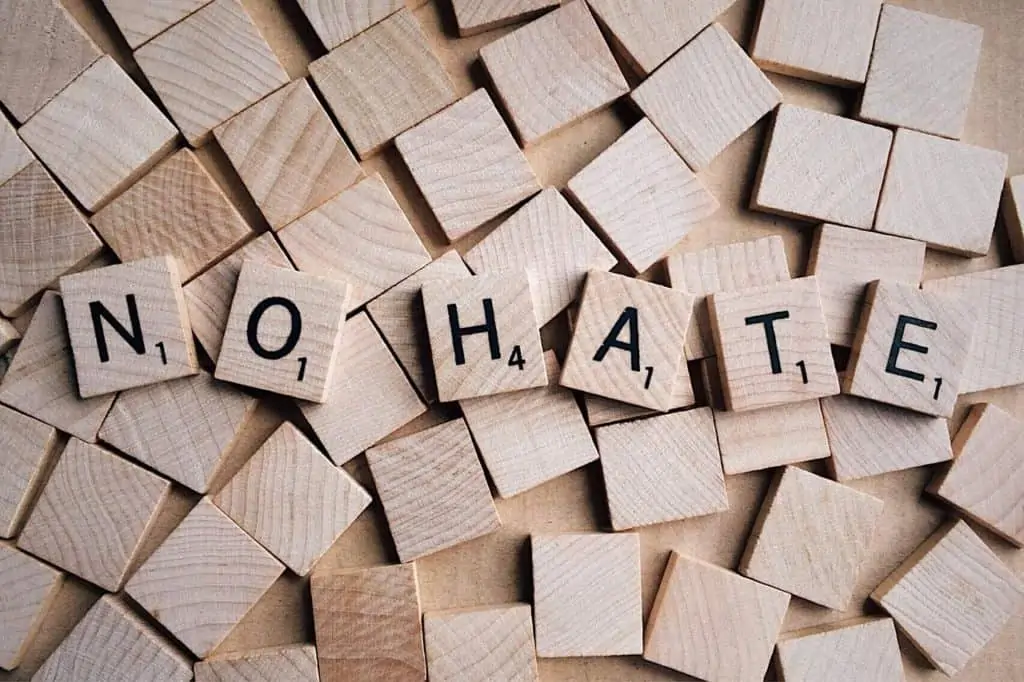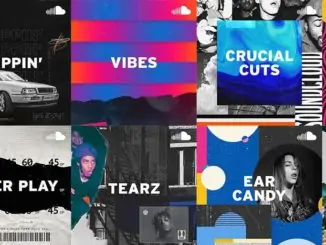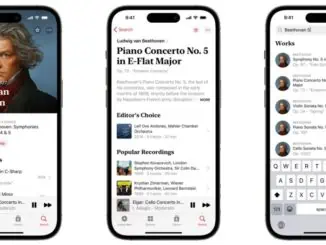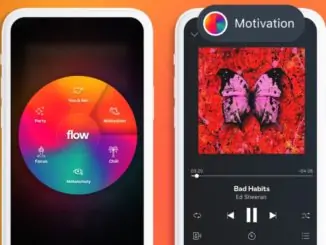Spotify has announced a new hate and hateful conduct policy which aims to identify and remove hate content across its streaming platform. The company has partnered with a number of advocacy groups to help it police both content and artists who are seen as not reflecting Spotify’s values.
Spotify’s aim is not to censor content because of an artist’s or creator’s behaviour but it wants ‘our editorial decisions – what we choose to program – to reflect our values.’ Harmful or hateful conduct by artists and creators ‘may affect the ways we work with or support that artist or creator’, the company stated.
What does Spotify consider hateful content?
Hate content, according to Spotify, is content ‘that expressly and principally promotes, advocates, or incites hatred or violence against a group or individual based on characteristics, including, race, religion, gender identity, sex, ethnicity, nationality, sexual orientation, veteran status, or disability.’
What happens if content violates Spotify’s policy?
When Spotify is alerted to content that violates its policy, content may be removed (in consultation with rights holders) or the company might refrain from promoting or manually programming it on its service.
How does Spotify find hateful content?
Spotify acknowledges that it is virtually impossible for it to manually review all of the content on its streaming service and so has created ‘a system of three overlapping nets to catch potentially hateful content and evaluate it.’
- Content monitoring – developing and implementing monitoring technology (Spotify AudioWatch) which identifies content that has been flagged as hate content on specific international registers.
- Expert partners – consulting with rights advocacy groups to review their most recent analyses of hateful content.
- User feedback – subscribers are encouraged to report content that violates Spotify’s hate content policy.
The use of expert partners has not been without its critics as almost all of the partners that Spotify uses (The Southern Poverty Law Center, The Anti-Defamation League, Color Of Change, Showing Up for Racial Justice (SURJ), GLAAD, Muslim Advocates, and the International Network Against Cyber Hate) are on the liberal end of the political spectrum with no conservative organisations included.
This criticism is countered by Spotify’s policy on hateful content which states that, ‘it’s important to remember that cultural standards and sensitivities vary widely. That means there will always be content that is acceptable in some circumstances but is offensive in others, and we will always look at the entire context.’
As Spotify introduced the new policy it said that Singer R Kelly and rapper XXXTentacion had been removed from all of its official playlists and ‘recommended’ features.
It remains to be seen whether this policy will turn out to be a form of editorial censorship that will promote a safe commercial service or be an effective way to remove genuinely hateful content.
The full hate content and hateful conduct policy can be found here.





